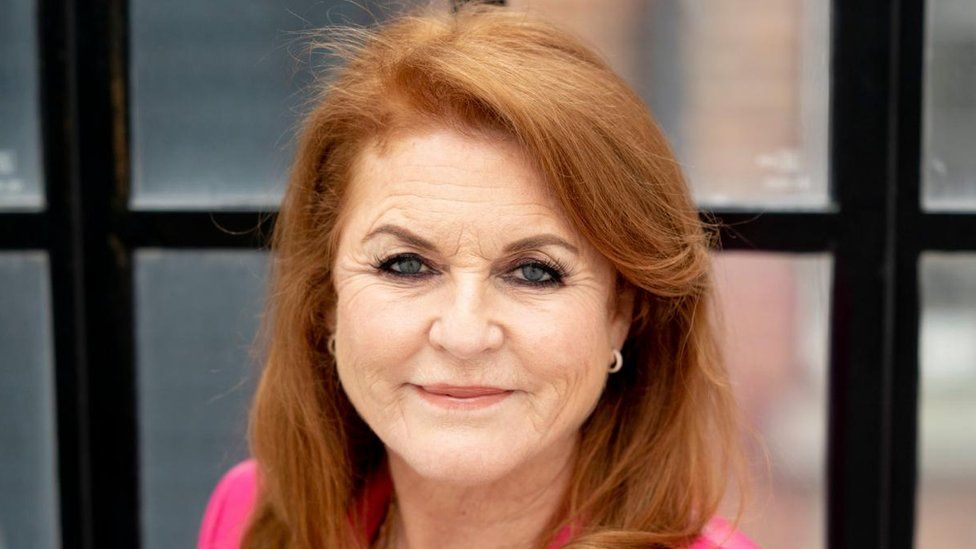
The Duchess of York is recuperating with family after an operation following a diagnosis for breast cancer, her spokesman has said.
Sarah Ferguson, 63, who was formerly married to Prince Andrew, was given the news after a routine mammogram screening.
Her spokesman said: “She was advised she needed to undergo surgery which has taken place successfully.”
Her doctors have told her that the prognosis is good, he added.
The spokesman said she was “receiving the best medical care and… is now recuperating with her family”.
She underwent the procedure earlier this week at King Edward VII hospital, a private clinic in central London which previously treated the late Queen Elizabeth II and other senior royals.
The duchess is said to have returned home to Windsor this weekend, where she is now recovering.
In her new podcast called Tea Talk released on Monday, the duchess is expected to discuss her diagnosis in a pre-recorded interview.
In a statement, her spokesman expressed the duchess’s “immense gratitude to all the medical staff who have supported her in recent days”.
She had been “symptom free” before the screening and the statement said she “believes her experience underlines the importance of regular screening”.
The duchess and Prince Andrew were divorced in 1996 after 10 years of marriage, but remain close.
They continue to live together at Royal Lodge, a property owned by the Crown Estate at Windsor Great Park.
They have two daughters – Princess Beatrice, 34, and Princess Eugenie, 33 – and three grandchildren.
The duchess has become a successful writer. Her most recent novel, A Most Intriguing Lady, published earlier this year, became a Sunday Times bestseller.
Image source, Adam Davy
The Duchess and Duke of York – pictured in 2019 – are no longer married but remain close
While she has maintained good relations with her royal former in-laws, the duchess was not invited to the King’s Coronation on 6 May, but was pictured at the concert event held at Windsor the following day.
The majority of women whose breast cancer is detected early now beat the disease because of progress in treatments, analysis by the British Medical Journal found earlier this year.
Surgery cures most breast cancers, while chemotherapy, radiotherapy and endocrine therapy can reduce the long-term risk of dying in cases where some disease remains.
If you are affected by any of the issues raised in this story, support and advice is available via the BBC Action Line.








